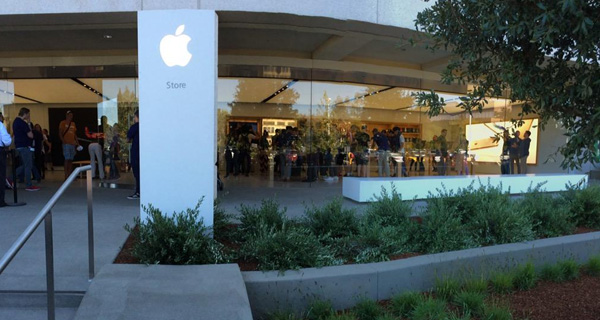As coronavirus continues to take hold, Apple has asked its teams to work remotely wherever possible. The aim is to prevent people from coming into contact more than they need to, and it’s a method that seems to have worked wonders in China over the last few weeks. But in Apple’s case, it might not be as easy as it sounds.
According to a new The Wall Street Journal report, Apple has a few problems to overcome if it is going to fully embrace the remote culture. And the report says that it starts with the lack of clear and defined rules that need to be followed. One aspect of that is security, with some systems simply not accessible from remote locations.

In recent days, software developers sent home by Apple Chief Executive Tim Cook have complained of slow download speeds and mounting confusion over still-evolving new internal rules about what work they are allowed to perform, staffers say. Some workers can’t access crucial internal systems from home due to strict security policies meant to fend off outsiders—which now includes off-site employees.
Apple has a reputation for being one of the more secure and secretive in Silicon Valley, but even it is having to make some exceptions in order to make remote working something that is viable for more and more people.
Though Apple has encouraged staff to stay away from the office for health reasons, many engineers say they continue to come into headquarters, heeding company policy that forbids unreleased products from being removed from campus. The company has loosened some security restrictions but maintains them on any software that might reveal the nature of off-limits projects, staffers say.

So based on that, it’s pretty safe to assume we won’t be finding an iPhone 12 in a bar. But this all comes after 9to5Mac already got its hands on snippets of code belonging to iOS 14, so it’s clear that Apple has a security hole somewhere, no matter what it does to ensure it doesn’t happen.
(Source: WSJ)
You may also like to check out:
- Kodi 18.6 IPA APK Download For iOS 13 / iPadOS 13, Android Released
- Run Multiple 2 WhatsApp Accounts Number On 1 iPhone The Right Way, Here’s How
- Download: iOS 13.4 Beta 5 IPSW Links, OTA Update Released Along With iPadOS 13.4 Beta 5
- Jailbreak iPhone 11 Pro Max With Unc0ver 4.0.0 On iOS 13.3 Now
- Checkra1n For Windows Alternative: How To Use Ra1nUSB For iOS 13.3 Jailbreak
- Jailbreak iOS 13.3.1 Using Checkra1n, Here’s How [Guide]
- Download: iOS 13.3.1 Final IPSW Links, OTA Update And iPadOS 13.3.1 Released For Compatible Devices
- Downgrade iOS 13.3.1 To iOS 13.3 For Checkra1n Jailbreak, Here’s How
- Jailbreak iOS 13.3 Using Checkra1n, Here’s How [Guide]
- Apple Watch ECG App Hack: Enable Outside US In Unsupported Country On Series 5 & 4 Without Jailbreak
You can follow us on Twitter, or Instagram, and even like our Facebook page to keep yourself updated on all the latest from Microsoft, Google, Apple, and the Web.

